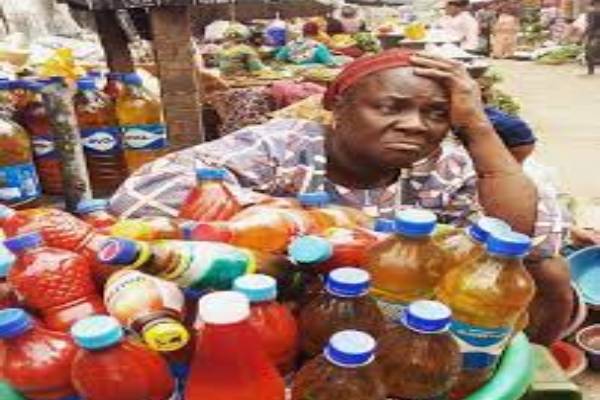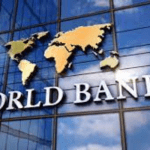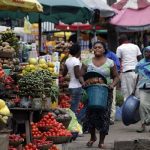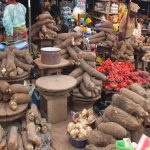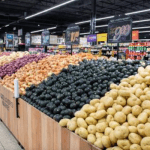The World Bank estimates that rising food prices will push an additional six million Nigerians into poverty, urging the government to focus on short-term welfare policies.
The Washington-based institution stated this in its latest report titled ‘COVID-19 in Nigeria: Frontline Data and Pathways for Policy’.
The World Bank estimated in June that rising prices alone would push an estimated 7 million Nigerians into poverty by 2020, without considering the direct impacts of COVID-19.
The effects of the COVID-19 pandemic, according to the World Bank, have put Nigerian households’ food security in jeopardy.
“The rise in prices witnessed between June 2020 and June 2021 alone could push another six million Nigerians into poverty, with urban areas being disproportionately affected. This underscores the need for short-term policies to support welfare,” the report reads.
“The simple simulations suggest that the share of Nigerians living below the national poverty line could have increased from 40.1 percent to 42.8 percent due to the food price inflation witnessed between June 2020 and June 2021.
“This means about 5.6 million additional Nigerians would be living in poverty. While food price inflation would decrease purchasing power and raise poverty across Nigeria, it appears that urban areas could be disproportionately affected.
“In 2018/19, about 16 percent of poor Nigerians were urban dwellers. Yet among those who would be newly impoverished by the increase in food prices between June 2020 and June 2021, around 27 percent would be from urban areas.
“Nevertheless, poverty in Nigeria is set to remain a primarily rural phenomenon, with or without rising food prices.”
The report said that coverage of social protection programs remained low throughout the COVID-19 crisis.
It stated that between March 2020 and March 2021, only 4% of households received cash assistance from the federal, state, or local governments.
According to the World Bank, this figure was significantly lower than what would be required to counteract the crisis’s widening and deepening of poverty.
While many schools have reopened across Nigeria, learning that was lost during the COVID-19 crisis must still be recovered, and some children have not returned to school, the report added.
The report suggested three immediate priorities that could provide the bedrock for recovery.
“First, rolling out vaccines quickly and equitably should reduce the direct health threat posed by the virus,” the report reads.
“Second, it will be essential to help children remediate the learning losses incurred during the pandemic – by getting them back to school or by finding low-tech remote solutions that work for the poor where this is not possible.
“Third, expanding social protection could provide short-term relief for the welfare losses Nigerian households are currently facing.”

